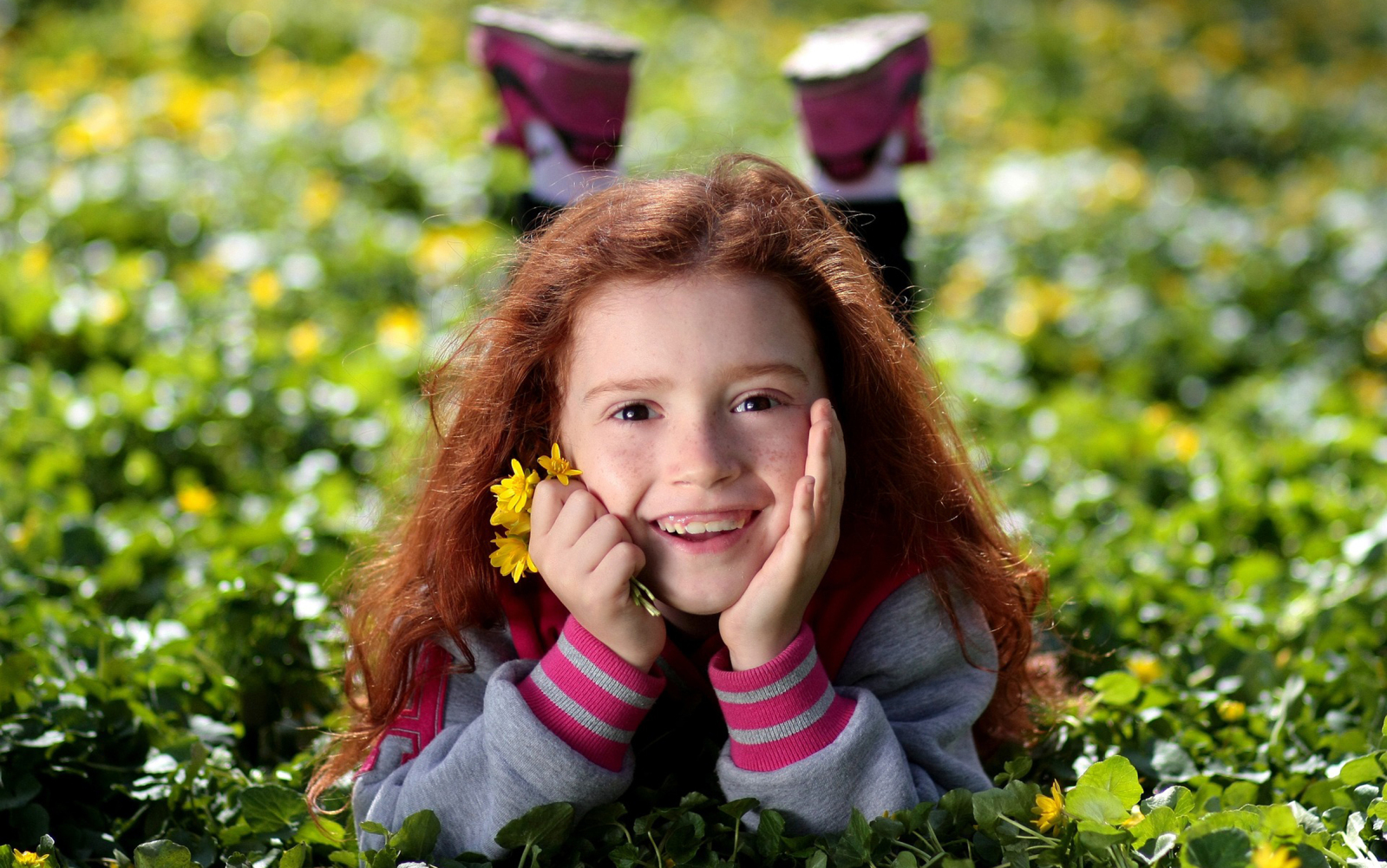Whether they love it or not, kids can’t really bypass traveling in a car. Commuting to school, going on a road trip or accompanying parents to the grandma’s house, the list is endless. Unfortunately, not all these trips have a happy ending. Despite following all car seat rules and safe driving tips, car accidents remain one of the leading causes of concern in the US. In fact, reports say motor vehicle injuries remain the leading cause of death among children in the United States. According to the car crash doctors, at least twelve children under the age of ten are killed or injured as passing. Here are more tips to keep your kids safe in a car.
Tips to Keep Your Kids Safe in a Car:
There are some very clear dos and don’ts while driving with a child on-board. These include:
- Children under the age of three are not allowed to travel in a car without proper arrangements like an age appropriate car seat
- Children should have proper seatbelts, according to their height. This isn’t the one used by the adults
- Children under the age of twelve and below 135cm in height should use a child restraint
According to a 2013 report, almost 638 children of twelve years and below died in motor vehicle crashes and more than 1, 27,250 were injured. 38 percent of these deaths were due to no seatbelts. It has also been found that more than 6, 18,000 children from in the age bracket 0-12 travel in a car without any proper child safety seat. This clearly explains why car crashes are one of the leading causes of death among children.
Chances of Risk Reduction:
- Several studies and reports including the National Highway Traffic Safety Administration, Traffic safety facts, 2013 data have a few startling revelations. Use these as pointers to minimize the risk for your kid: Proper car seats reduce death percentage among infants and toddlers by 71 and 54 percent respectively
- When compared to the seatbelts, booster seats reduce the risk of serious injury for children between the age of four and eight by 45 percent
- As for older children, seatbelts reduce the percentage of car crash injuries and death by almost half
Car Seat Arrangement:
0-2 years – Kids within this age group should be properly buckled up in a rear-facing position at the backseat. This place should be retained until they have reached the upper weight or height limits of the particular seat. You need to check the car manuals to know the weight and height limits.
2-5 years – Once your children outgrow the rear-facing seats, they must be buckled in a forward-facing car seat until they reach the age of five and cross the allotted weight limit.
5+ — Beyond the age of five, make sure your child fits the allotted seat in the car along with the seatbelt. In case they have outgrown it, get a booster seat with a proper seatbelt that fits them properly. The lap belt should be properly buckled up across the upper thighs and the shoulder belt must cross the chest and not the neck.
Once the seatbelt of the car fits the child properly, there is no need to use a booster seat. Although your kid can travel in the front seat, try to avoid it for reasons of safety. Instead, keep them properly buckled in the backseat. Also, do not buy secondhand car seats for your kids because that could be unsafe. It is quite surprising that most of the accidents occur in short journeys. Also, no matter how minor an injury your kid sustains in a car crash, take him immediately to a car crash doctor and treat him thoroughly. A little bit of caution can save the life of your child. So drive carefully!
Read Also:





















